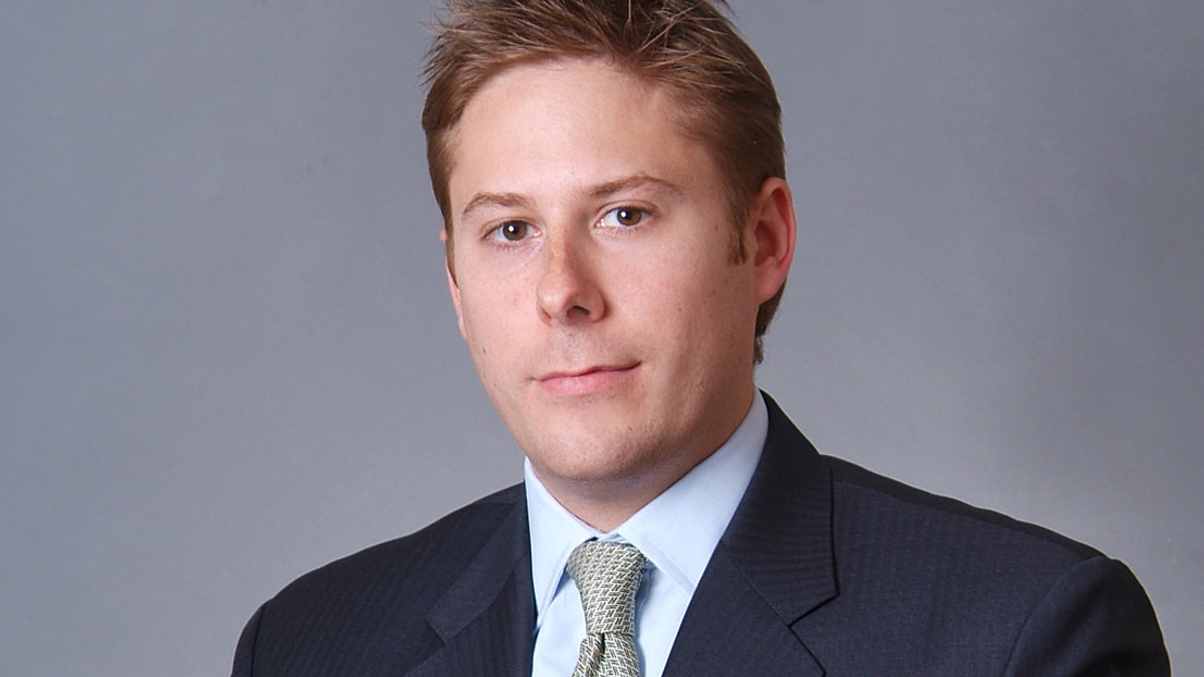Blackstone’s Asia chairman talks property trends
AsianInvestor spoke to Chris Heady, Asia-Pacific chairman and Asia head of real estate at the private equity giant, about co-investment, personnel and LP trends.

Blackstone, the world’s biggest private equity firm with $361 billion under management, has $102 billion in real estate assets. The New York-based manager has around 80 people focused on property in Asia and runs an opportunistic, pan-Asia real estate fund that closed at $5 billion in December 2014.
Sign in to read on!
Registered users get 2 free articles in 30 days.
Subscribers have full unlimited access to AsianInvestor
Not signed up? New users get 2 free articles per month, plus a 7-day unlimited free trial.
¬ Haymarket Media Limited. All rights reserved.


